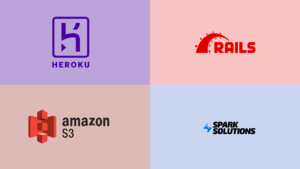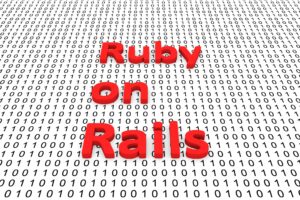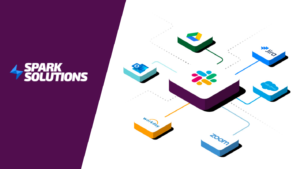If you’ve recently noticed a message “The cedar-14 stack end-of life window has begun as of May 1st, 2019” for your Heroku hosted apps you have two choices: upgrade your app or run it in a Docker container. The latter option will not only enable you to run your app untouched but will also speed up onboarding new devs if you decide to finally catch up with upgrades or development. Dockerizing your app buys you time.
If you’re using Heroku to host your apps you might have noticed this message recently:
The cedar-14 stack end-of life window has begun as of May 1st, 2019
You have X apps in this team that are still using the cedar-14 stack, for which the end of life window has begun as of May 1st, 2019. Beginning May 1st, 2020, the cedar-14 stack will no longer receive security updates and builds will be disabled for apps running on the cedar-14 stack. Please update your apps to use the latest Heroku stack. Visit here to learn more.
So you have until the end of April 2020 to upgrade and test your apps or it will become quite complicated to deploy anything in case you need to starting in May.
Upgrading your apps would be a preferred way to go but that would require development and testing time. Who has time, right?
There’s another way. You might want to run your apps in a Docker container “as is” without any disruption past the May 1st, 2020 deadline.
Containers will help you isolate software from its environment. A Docker container image is a lightweight, standalone, executable package of software that includes everything needed to run an application: code, runtime, system tools, system libraries and settings. No more time pressure to upgrade your app. Goodbye May 1st, 2020 deadline!
Running your apps in Docker containers could also help:
- to onboard new developers or testers quickly to work with your app on their local computer – no more configuration trouble!
- to ensure that your app works uniformly despite differences for instance between development and staging
- to work with multiple Dockerized applications on the same local machine
- to work with multiple languages, frameworks, architectures on the same local machine
90 thousand developers rated Docker the #1 in “Most Loved ” and #2 “Most Wanted” platform” in the 2019 StackOverflow Survey. That many developers cannot be wrong!
We’ll be covering Dockerizing Rails apps and using Terraform to deploy Rails app on Heroku or AWS during our Spark Academy 2020 workshops.








